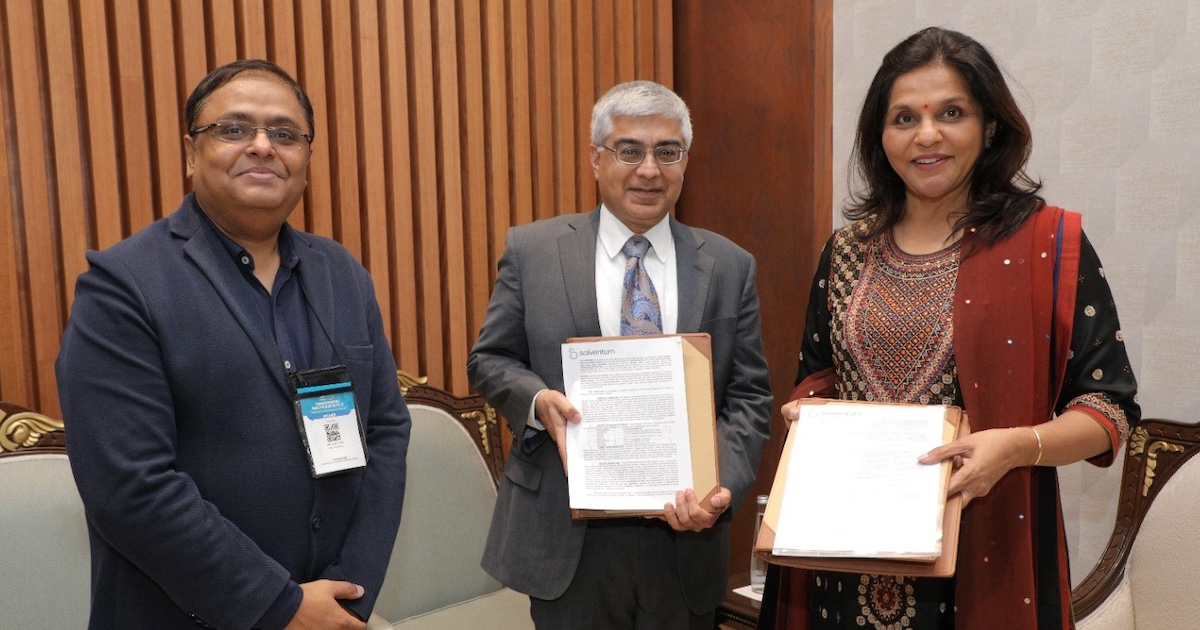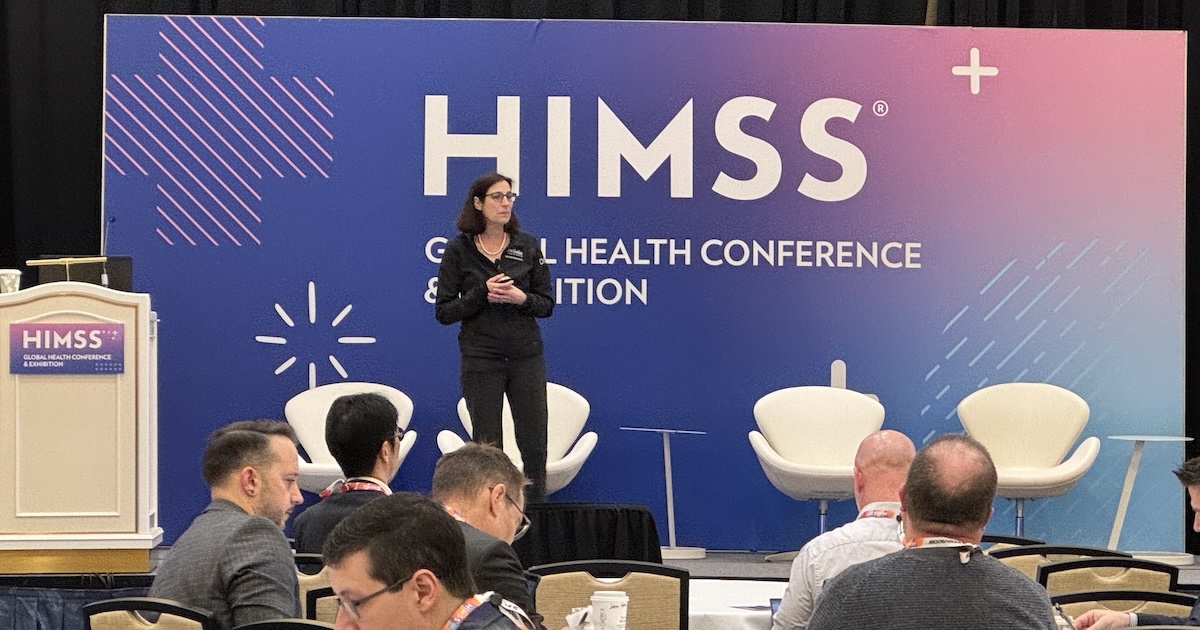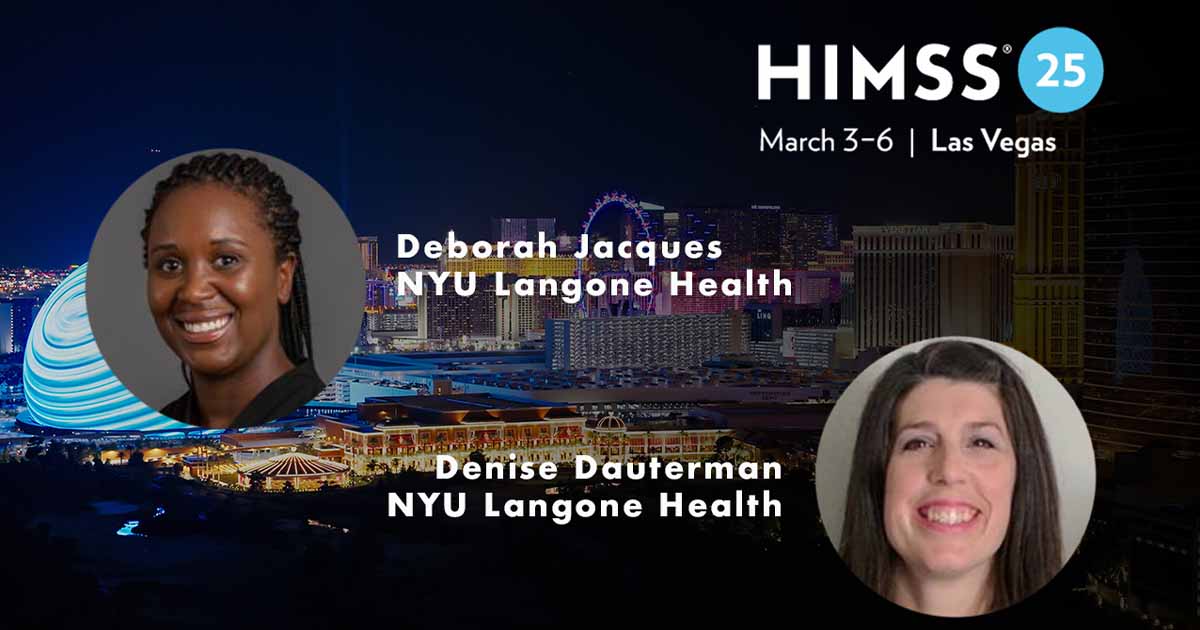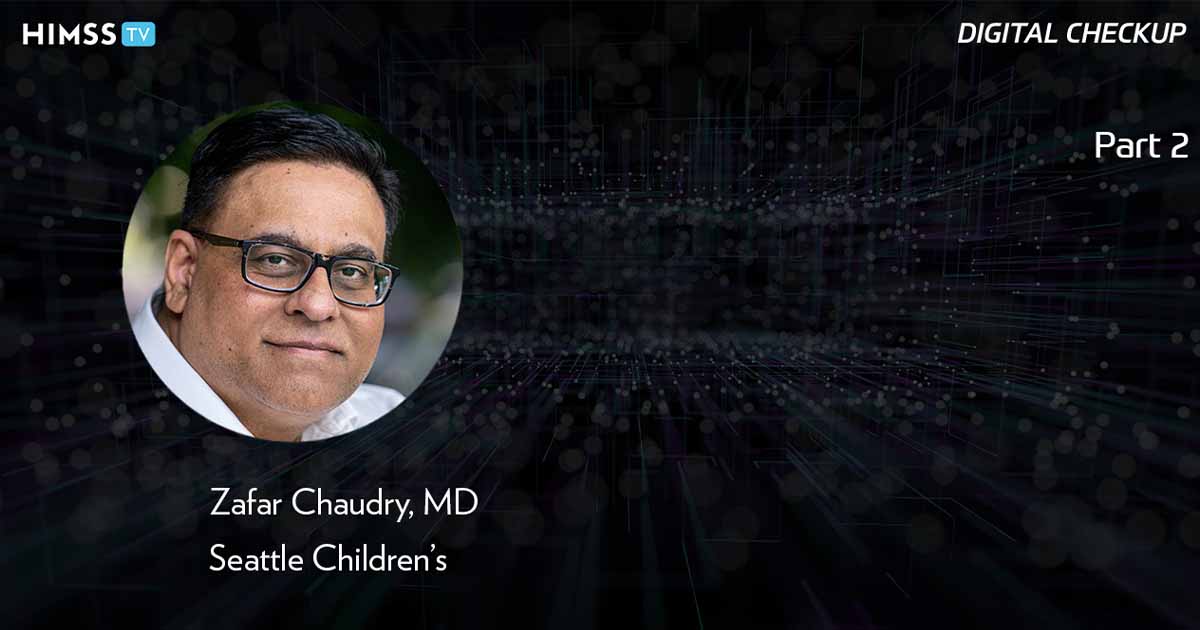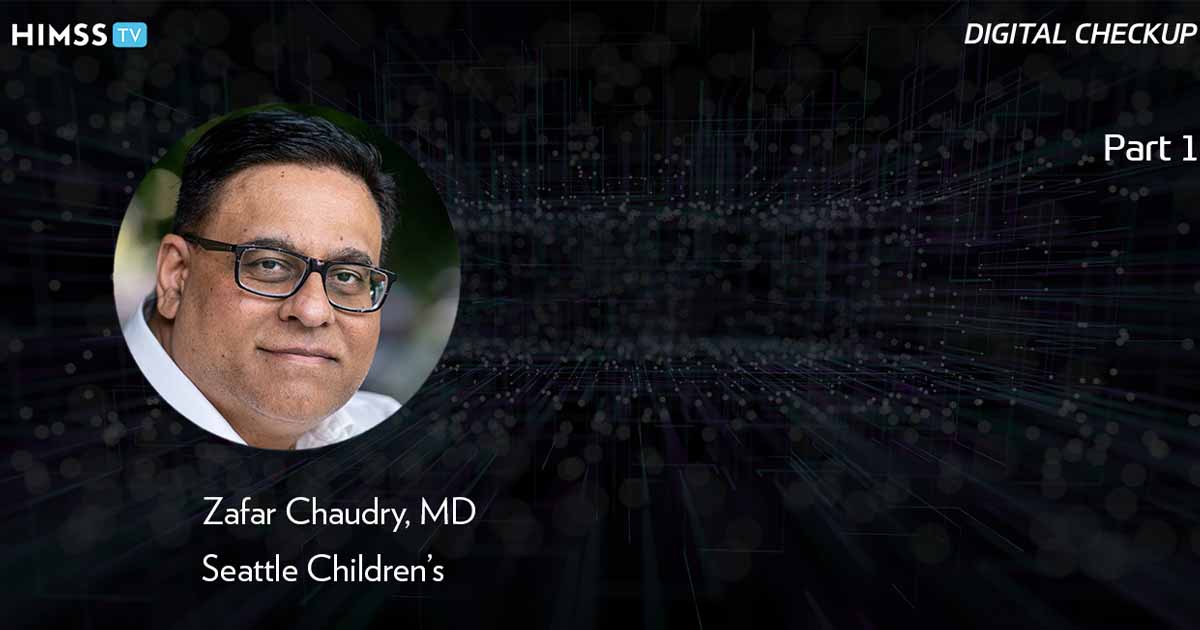Clinical
It aims to assess the population-level impact of its predictive cardiovascular disease risk tool.
Automated robots has removed administrative burden and allowed nurses to focus more time on direct patient care.
Smart TV's are giving patients the ability to control their environment.
Houston Methodist Hospital is using text messaging, voice technology and generative AI predictive analytics to drive patient-centered care.
The model also underscores closed-loop processes, enhancing AI and telemedicine security, notes Dr Min-Che Tung, chief superintendent of Tungs' Taichung MetroHarbor Hospital.
At HIMSS25 Denise Dauterman, Epic Clinical Systems Lead and Deborah Jacques, informatics nurse specialist, will share how they engaged nurses in implementing EHR modules that reduced redundant and non-meaningful documentation at NYU Langone Health.
AI & ML Intelligence
Artificial intelligence tools have helped the organization get 100% of outpatient surgeries and 50% of inpatient surgeries opioid-free, says Dr. Zafar Chaudry. AI is helping with stroke prevention, too.
Dr. Zafar Chaudry explains, for one thing, how AI algorithms can predict strokes before they happen so physicians can intervene and prevent them. He adds that 20% of his job is sales – convincing colleagues the tech will do the job.
Dr. Zafar Chaudry also discusses how the hospital first trains all staff on up-and-coming tools: Everyone takes an AI course.
David Winn, vice president for Parkview Community Connect at Parkview Health, previews a HIMSS25 session that explores how rural hospitals can share the financial burden of an electronic health record, enabling better patient outcomes.
